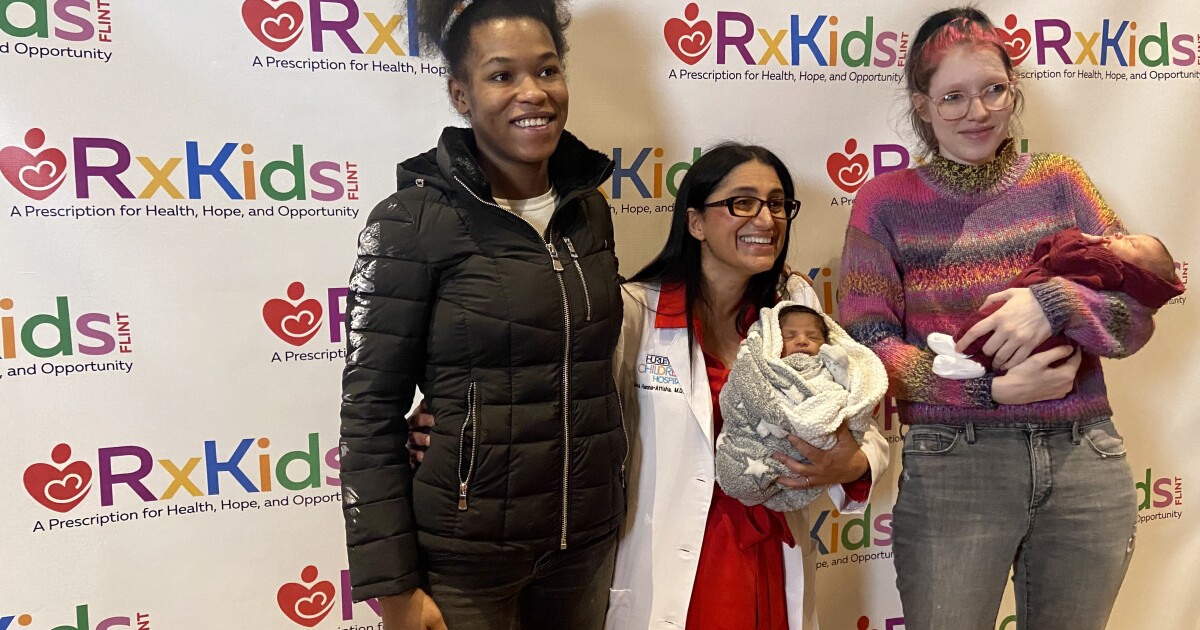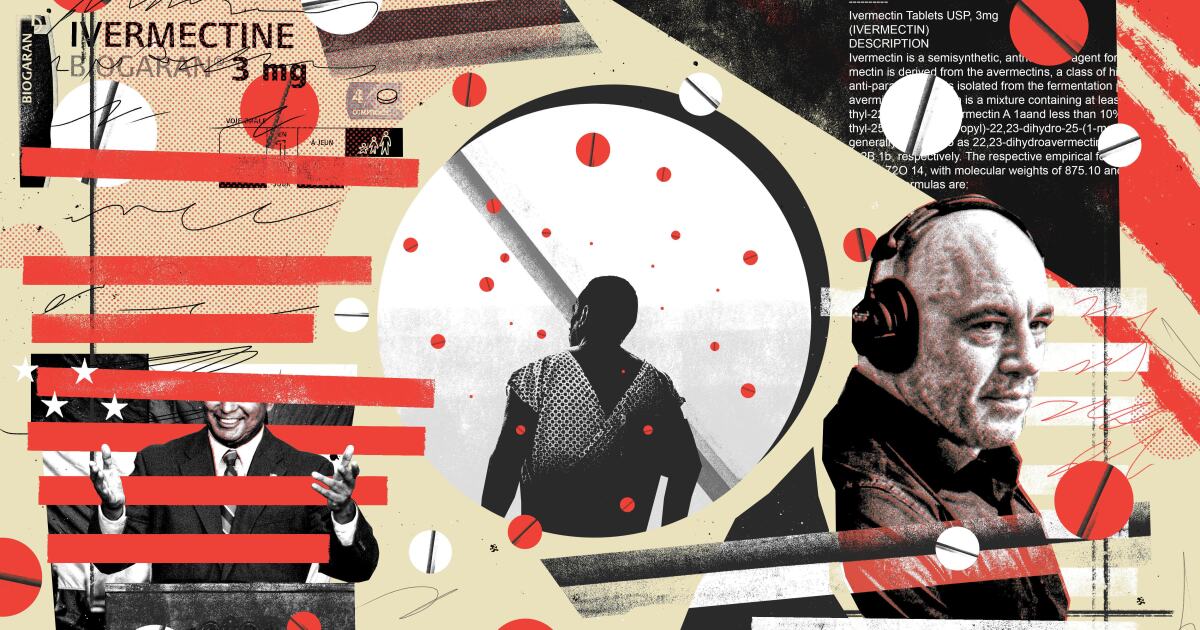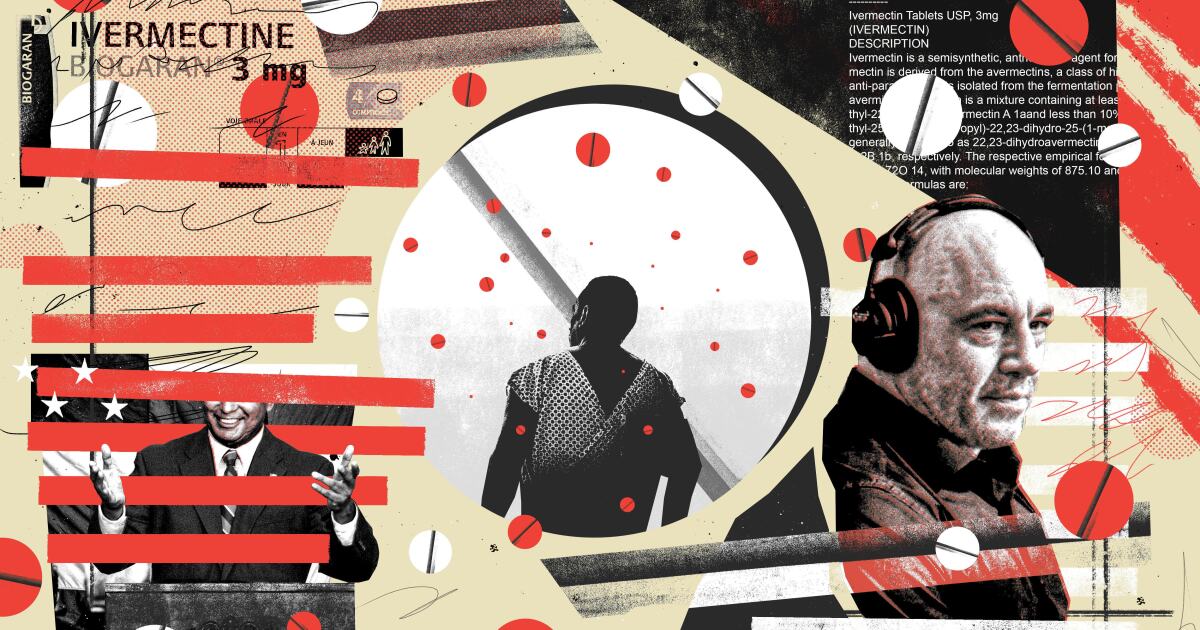This story is part of Michigan Public’s series “Mornings in Michigan,” which features morning moments from across the state.
For many people, Saturday mornings are synonymous with a trip to the farmers market. Yet, for those facing food insecurity, accessing fresh produce can be a real challenge.
This is where produce prescription programs come into play.
Food as Medicine
On a delightful September Saturday, the downtown Ypsilanti farmers market was bustling. Among the many stands selling fresh produce, one booth stood out without any vegetables at all—Prescription for Health. This initiative provides eligible participants with $100 in tokens annually to spend at local farmers markets. Katey Krohn, a program team member, detailed the eligibility criteria.
Caoilinn Goss
/
Michigan Public
“You have to be insecure for fruits and veggies. You have to be able to fully use the program,” Krohn said. “So are you able and willing to go to the farmer’s market to actually buy those fruits and vegetables? And then are you at risk or do you have chronic diseases? Those are kind of the three things that we’re looking for.”
Tedi Milgrom, director of the Prescription for Health Program, emphasizes the significance of these initiatives. “The really great thing about produce prescription programs is the opportunity to provide food as medicine to food insecure individuals,” she mentioned, particularly in the face of rising food costs due to inflation.
Community health worker Roberta Reed, a local resident, highlighted the resources available at the booth, which included extensive recipes and helpful information. These materials guide participants on food storage, managing chronic diseases, and more.
Participants must be referred by healthcare professionals, underscoring the program’s focus on managing chronic diseases through lifestyle changes. The program assists roughly 450 Washtenaw County residents annually, with booths in multiple locations including Chelsea, Ann Arbor, and Pittsfield.
A Win-Win
Parish Ware, a program participant, was introduced to Prescription for Health upon moving to Michigan. “I was pregnant with my daughter at the time, and a program that we were in, one of the nurses that used to call to check on us referred us to this program,” she said. Three years later, Ware still frequents the market with her family, appreciating the fresh produce options.

Caoilinn Goss
/
Michigan Radio
Ware enjoys making kale soup, while her children accompany her to the market. She appreciates the growing list of vendors accepting program tokens, including Refugee Garden Initiatives, which offers herbs and greens.
David Sheats of Sheats Farms, a family farm in Milan, appreciates the program’s impact. “It brings in a lot more money to the market and it helps everyone get fresh produce,” he said.

Caoilinn Goss
/
Michigan Public
Last year, participants spent over $30,000 at Washtenaw County farmers markets, with a significant portion spent in Ypsi.
Seeds for the Future
Over the years, the program’s funding has evolved, with recent support from the county’s general fund ensuring stability for the next five years. “Last year we were able to secure county general fund funding for the program for five years,” Milgrom stated, expressing relief amidst broader public health and food program cuts. Sixty percent of participants re-enroll annually, highlighting ongoing food insecurity challenges.
Claire Austin, who manages the Ypsilanti Market, notes that many participants return even after using their tokens, integrating the market into their lifestyle. “I think farmer’s markets kind of have this reputation of being like for the bougie and the people who can afford like a $10 tomato,” she said, dispelling the stereotype.
Since its inception in 2008, Prescription for Health has inspired similar programs statewide, helping to address food insecurity and promote health through nutritious diets.
—
Read More Michigan News










